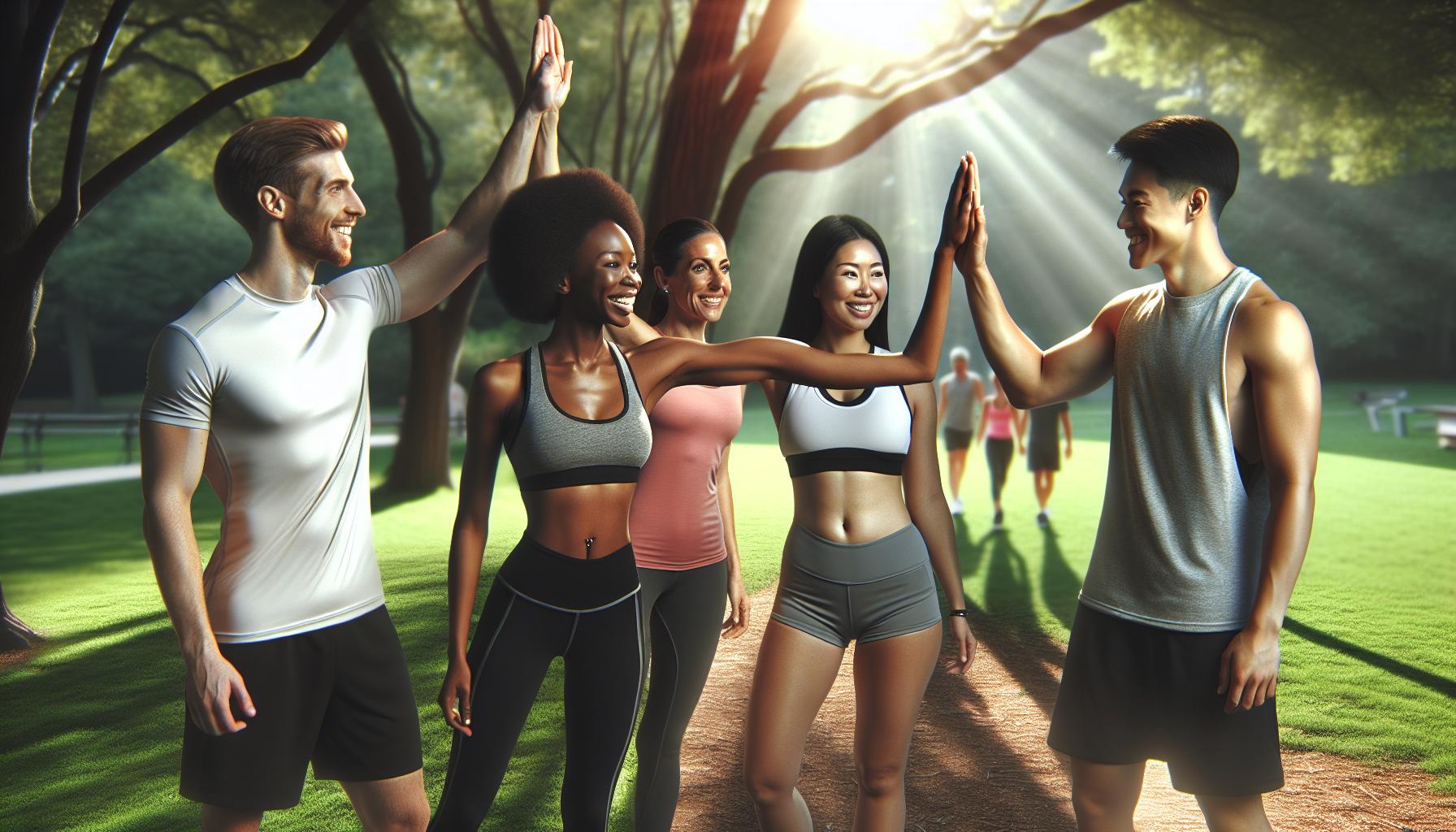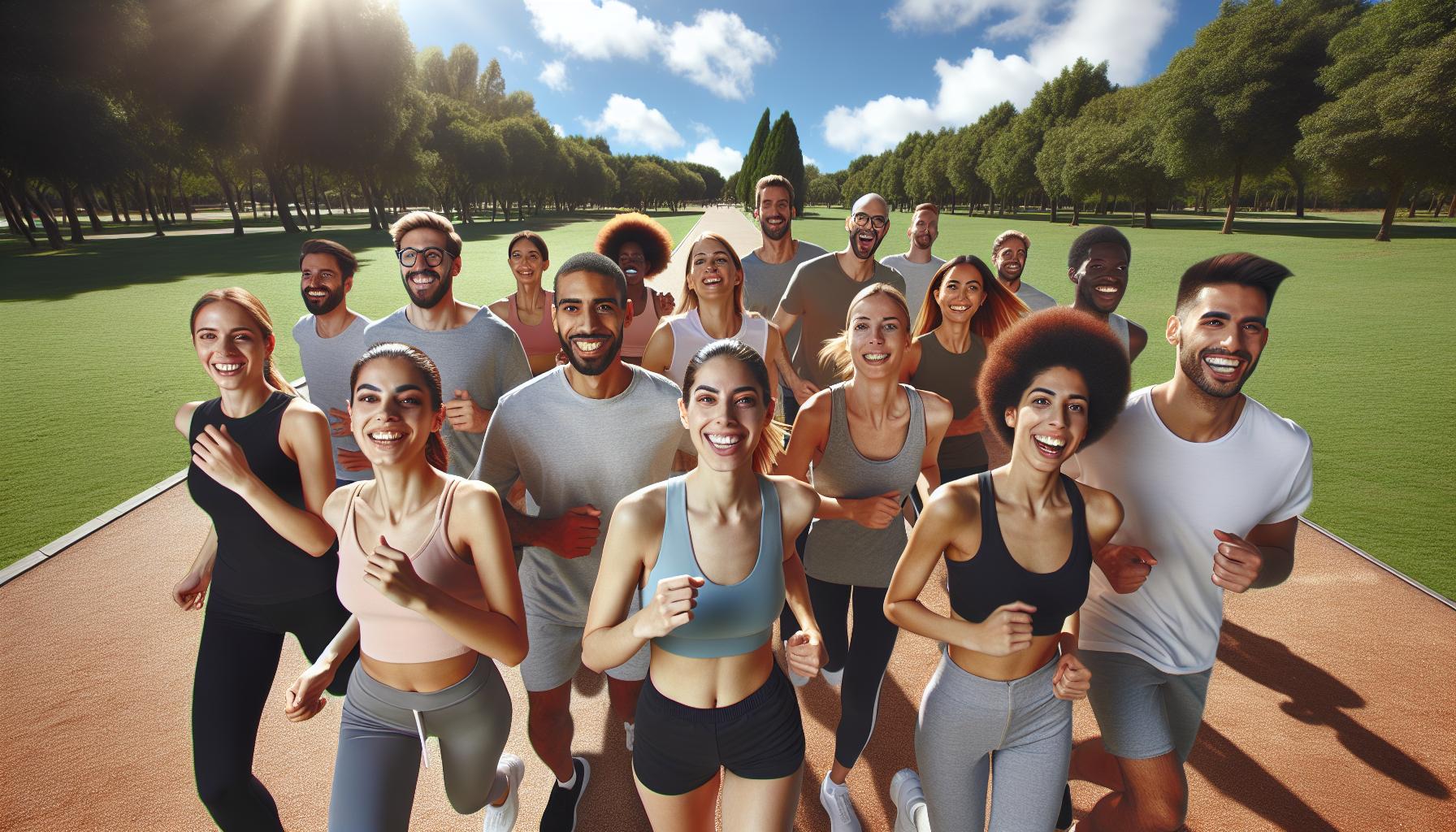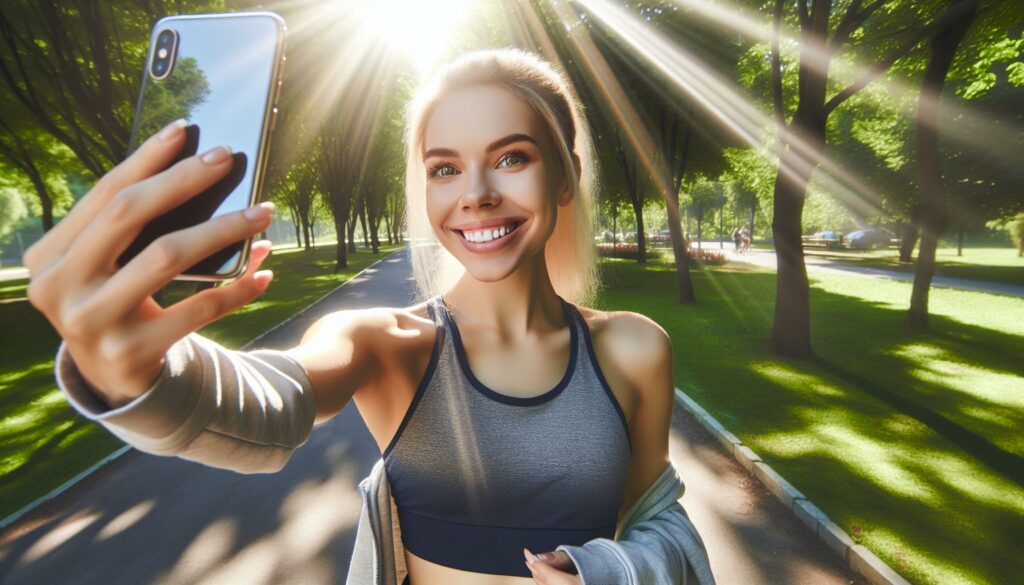Social media has become a cornerstone of our daily lives, connecting us to friends, family, and even strangers around the globe. While it offers incredible benefits like instant communication and access to information, I can’t help but wonder about its impact on our physical health. The convenience of scrolling through feeds can easily lead to a more sedentary lifestyle, and the constant barrage of curated images can affect our self-image and motivation to stay active.
In this digital age, understanding how social media influences our physical well-being is crucial. It’s not just about the hours spent online; it’s about how those hours shape our habits, mental health, and ultimately our bodies. Join me as I explore the intricate relationship between social media use and physical health, uncovering both the positive and negative effects that come with our online interactions.
Key Takeaways
- Impact on Physical Health: Social media influences physical health by promoting both positive community engagement and negative sedentary behaviors.
- Community Support: Online platforms foster accountability and motivation through fitness communities that encourage users to pursue their health goals together.
- Access to Information: Users gain valuable health insights and resources by following credible health organizations and influencers, facilitating informed lifestyle choices.
- Sedentary Lifestyle Concerns: Excessive screen time is linked to inactivity, which can lead to obesity and health issues; managing screen time is essential for physical activity.
- Body Image and Mental Health: Exposure to idealized images can negatively affect self-esteem and promote unhealthy behaviors, making a critical perspective on social media content necessary.
- Healthy Social Media Habits: Setting boundaries around social media use and engaging with supportive communities can enhance motivation and foster a healthier relationship with physical activity.
How Can Social Media affect physical health
Social media impacts physical health in various ways, both positively and negatively. It fosters community support, encourages fitness challenges, and promotes health-related content. These elements motivate individuals to maintain active lifestyles.
Conversely, social media often contributes to sedentary behavior. Users may spend hours consuming content, leading to decreased physical activity. Research shows that excessive screen time correlates with weight gain and health issues.
Additionally, social media affects self-image, which can influence physical health. Exposure to idealized body images creates unrealistic standards. This pressure may lead to unhealthy behaviors, such as extreme dieting and neglecting exercise.
In my observations, understanding the balance is crucial. Engaging with social media in a mindful way promotes health benefits while mitigating adverse effects. Managing screen time and curating content can enhance physical well-being, fostering a positive relationship with both social media and a healthy lifestyle.
Positive Effects Of Social Media On Physical Health

Social media offers several benefits that positively influence physical health. It fosters community engagement and provides easy access to valuable health information.
Community Support And Motivation
Community support thrives on social media platforms. Individuals connect with others who share similar fitness goals, creating accountability and motivation. Groups and forums on platforms like Facebook or Instagram allow users to share progress, celebrate achievements, and offer encouragement. This interaction fosters a sense of belonging and reinforces healthy habits. Additionally, challenges, such as step contests or workout groups, motivate users to reach their fitness milestones collectively.
Access To Health Information
Social media serves as a vital resource for health information. Users can follow credible health organizations, experts, and influencers who share content about exercise, nutrition, and wellness tips. This instant access to diverse information helps users make informed decisions about their lifestyles. Engaging with educational posts, articles, and videos can inspire individuals to adopt healthier habits. The interactive nature of social media enables users to ask questions and receive advice from professionals, further enhancing their understanding of physical health.
Negative Effects Of Social Media On Physical Health
Social media significantly impacts physical health, primarily through promoting a sedentary lifestyle and affecting body image. Understanding these negative effects provides insight into how to maintain better overall well-being.
Sedentary Lifestyle And Physical Activity
Excessive use of social media contributes to prolonged periods of inactivity. I often find myself spending hours scrolling through feeds, which leads to a lack of physical movement. Research shows that individuals who engage in more than two hours of screen time daily face increased risks of obesity and associated health problems. For example, the American Heart Association links sedentary behavior to cardiovascular disease. Regular interruptions for physical activity lead to improved health outcomes, yet many avoid these breaks while engaged online. Limiting social media usage can encourage more movement and foster active habits.
Body Image Issues And Mental Health
Social media platforms often showcase idealized body images that create unrealistic standards. I notice that exposure to filtered photos and influencer lifestyles can lead to dissatisfaction with personal appearance. Studies indicate that frequent engagement with such content correlates with issues like low self-esteem, anxiety, and depression. The pressure to conform to these standards often results in unhealthy behaviors, including extreme dieting or excessive exercise. I recognize that cultivating a critical perspective towards social media content encourages healthier body image and mental well-being. Engaging with body-positive communities on social media can also promote self-acceptance and foster resilience against harmful comparisons.
Mitigating The Negative Effects

Managing social media use can significantly improve physical health outcomes. Implementing strategies to engage positively while minimizing harm enhances overall well-being.
Setting Healthy Boundaries
Setting boundaries around social media usage promotes a balanced lifestyle. Limit daily screen time to 30 to 60 minutes to reduce sedentary behavior. Schedule specific times for checking social media, avoiding browsing during meals and before bedtime to improve sleep quality. Turn off notifications to minimize distractions and prevent compulsive checking. Practice digital detoxes by taking breaks from social media platforms for a few days each month, allowing time for alternative activities like exercising or spending time outdoors.
Engaging In Positive Online Communities
Engaging in supportive online communities improves motivation and accountability. Follow fitness influencers or health enthusiasts who promote healthy habits and realistic body images. Join groups focused on specific interests, like yoga or running, to interact with like-minded individuals, fostering a sense of belonging. Participate in challenges that encourage physical activity, such as step challenges or virtual races, enhancing social conditioning and commitment. Share progress and celebrate successes within these communities to build a positive feedback loop that benefits physical health.
Social media’s impact on physical health is undeniable. By recognizing its dual nature I can navigate its benefits and drawbacks more effectively. I’ve seen how connecting with supportive communities can inspire healthier habits while also acknowledging the risks of excessive use.
Setting boundaries is essential for my well-being. By limiting screen time and curating content that promotes positivity I can create a healthier relationship with social media. Engaging with encouraging fitness influencers and participating in supportive groups helps me stay motivated and focused on my health goals.
Ultimately it’s about striking a balance. With mindful engagement I can harness the power of social media to enhance my physical health and foster a more positive self-image.
